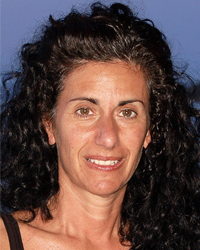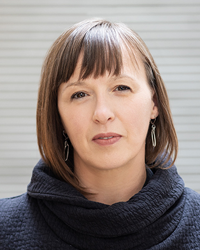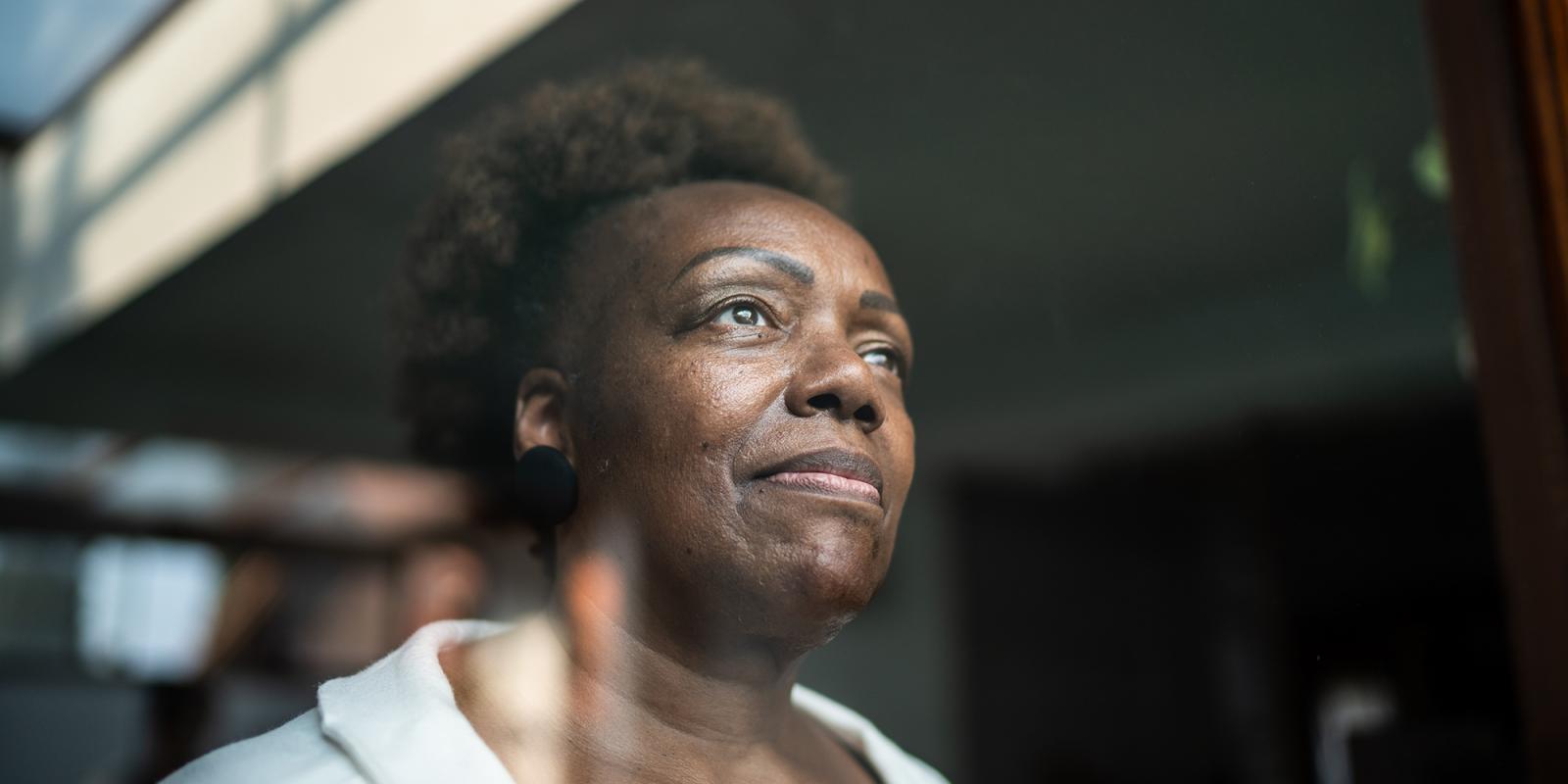Summer Generations journal Guest Editors Drs. Judith Gonyea and Amanda Grenier are steeped in this issue’s topic, “Precarious Aging and Late-Life Poverty” in their daily work lives, which made them conscientious, thorough editors of what is an in-depth look at how America treats elders.

|

|
Gonyea is professor and associate dean for faculty affairs at Boston University (BU) School of Social Work, as well as Senior Fellow at the BU Institute for Health Innovation & Policy. Much of her research focuses on unequal aging and the later life experiences of historically disadvantaged and marginalized populations. She is currently studying the impact of COVID-19 on the everyday lives and well-being of older low-income residents in urban subsidized senior housing.
Grenier is a professor and Norman and Honey Schipper Chair of Gerontological Social Work at the Factor-Inwentash Faculty of Social Work at the University of Toronto and Baycrest Hospital in Canada. She runs a lab on aging and inequality and leads a project studying precarious aging. She also studies the consent to participate in research among people living with dementia, and continues ongoing work involving late-life homelessness, which will be published as a book later this year.
Long interested in how older adults with functional impairments or from disadvantaged or marginalized groups experience late-life transitions and may not “fit” within the expected frameworks, Grenier says her studies of aging, homelessness, and precarity all share one commonality. “In each,” she says, “it is poverty, disadvantage, and inequality that reveal how unequal aging is structured and experienced.”
Gonyea would like to bring greater attention to the individual and societal impacts of persistently rising income and wealth inequality in the United States, a gap that is particularly dire for persons of color. “Economic inequality, often exacerbated by discrimination, bias, and marginalization, has deleterious long-term consequences for people as they age—as well as generational impacts,” Gonyea says.
But she finds reason for optimism in recent surveys such as one from the Pew Research Center showing that despite political and social class divisions, 61 percent of respondents indicated there is “too much economic inequality in the country these days,” and 67 percent felt addressing the problem “requires major changes” in the economic system.
As two scholars who had worked on similar issues in different countries, this special issue offered a moment to delve deeper into the issues of inequality that affect older people.
‘Ageism has long existed, but the COVID-19 pandemic further uncovered its depth and some say revealed that it is on the rise.’
“Co-editing this issue with Amanda offered an opportunity to introduce the Generations readership to the use of a precarity lens to help inform possible courses of policy action to address issues of economic insecurity, risk, and vulnerability in later life,” says Gonyea, adding that public policy isn’t solely about what governments do and don’t do, but also about views on what governments should or shouldn’t do.
“An important contribution of a precarity-informed policy approach is that it highlights the issue of how a nation’s normative values (which shift over time) are reflected in governmental policies and thereby contribute to and/or exacerbate inequality and precariousness in later life,” she adds.
Never has this been clearer than during the pandemic. As Gonyea notes, in its early months former U.S. Surgeon General Vivek Murthy said, “The brunt of COVID-19 will be borne by the poor, elderly, and sick, and it is up to us to ensure that they are not left behind.” In “normal times” Gonyea says that lower-income women and persons of color, many living alone with disabling conditions, are often precariously aging. And we now know they were left further behind by the pandemic. This is a critical topic to continue exploring, Gonyea adds, as global pandemics and extreme weather events will continue happening, likely with greater frequency.
In her current research Gonyea says the goal is to identify ways in which agencies might adapt delivery systems and strengthen interagency collaboration to respond more holistically to the complex challenges faced by vulnerable older adults during crises and disasters.
“Two of the groups I have long researched were among the hardest hit by the pandemic—those deemed to be frail, and older people with lived experiences of homelessness,” says Grenier. “Add to this how advanced age, class, disability, race, ethnicity, gender, and sexual orientation were layered and intersected to produce and reproduce issues of power and discrimination, and to sustain barriers to care.”
She hopes this issue might “spark a conversation about precarity and inequality in the United States and on a global scale, and serve as advocacy to build better policies and programs for justice and well-being in later life.”
Together, the editors think that identifying and addressing systemic inequalities must be a priority for all sectors as the pandemic threatens to create the largest equality gap ever seen. “It is our hope that this issue of Generations reinforces that discrimination is multifaceted. Ageism has long existed, but the COVID-19 pandemic further uncovered its depth and some say revealed that it is on the rise,” Gonyea adds.
“If we are to address issues of power and marginalization, it is critical to explore the intersection of old age (or ageism) with other identities such as race, ethnicity, gender, social class, disability, and sexual orientation,” Gonyea says.
Both guest editors hope the issue might lead readers to question which policies and practices are needed to ensure a socially and economically just recovery and advocate for policy reforms that lead to the betterment of older people’s lives.
“The short- and projected longer-term ramifications of the pandemic have sparked interest in socially just economic strategies; we should seize this moment for not only current but future cohorts of older persons,” Gonyea says.













